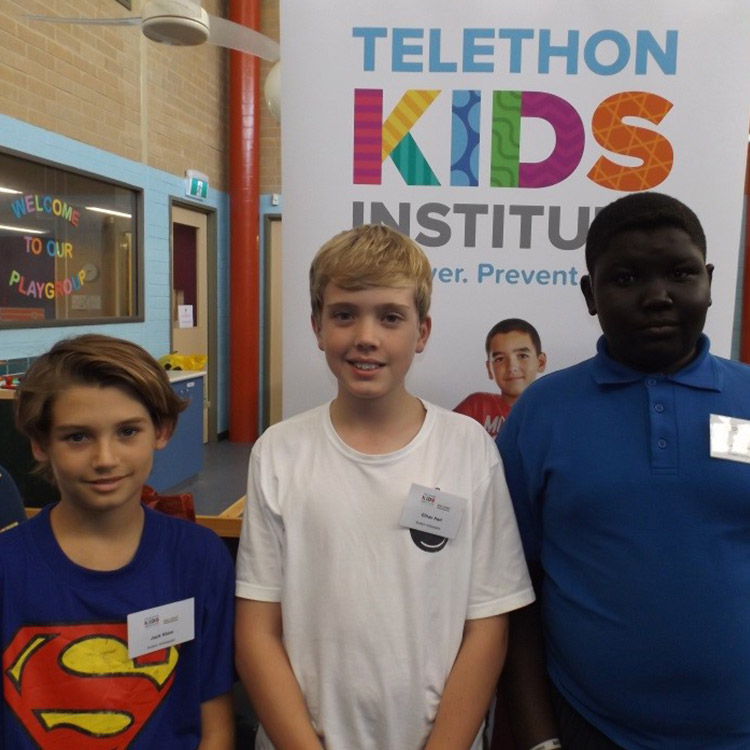Search

News & Events
Project helps Ethan belongEthan recently took part in Belong, a study led by The Kids which aims to ensure deaf and hard of hearing kids have a happy & positive school experience
Research
The Diverse Risk Profiles of Persistently Absent Primary Students: Implications for Attendance Policies in AustraliaUnderstanding variations in risk profiles among persistently non-attending children will inform the development of absence interventions.

The Early Years Systems Evidence (EYSE) team specialises in working in partnership with governments and service providers, with a distinct focus on improving the life chances of children in Australia.
Research
Approaches that support Indigenous children and families in the transition to school: A systematic reviewThe early years are critical for lifelong wellbeing, with transition to formal school a key period for development. For Indigenous children, this transition provides opportunities to build on cultural strengths and belonging. However, many children face systemic barriers that impact their transition experiences, highlighting a need for culturally safe programs that support Indigenous families during this significant time.
Research
Aspiring athletes managing sport, education, social, and family life: A scoping reviewThis scoping review considers the experiences of aspiring high school-aged athletes as they navigate the complexities of managing sport, education, social, and family life. The review synthesises existing literature on the decisions, barriers, facilitators, and support systems that influence aspiring athletes' pathways.
Research
‘Beyond core business’: A qualitative review of activities supporting environmental health within remote Western Australian schoolsAboriginal children and families contend with higher rates of preventable infectious diseases that can be attributed to their immediate living environment. The environments in which children spend most of their time are their homes and schools. We aimed to understand the opportunities in the school setting to support student skin health and wellbeing through environmental health activities, how these activities were completed, and the barriers to their implementation.
Research
Moort dandjoo kaadadjiny: Growing up aboriginal kids strong in their culture and identityCommunity Elders in Boorloo (Perth) identified early childhood education (ECE) as a priority area for Aboriginal children’s research. This is due to a lower number of Aboriginal children attending ECE programs compared to non-Aboriginal children. Attending ECE programs sets children up for school success and is an indicator for positive life outcomes in later life. Therefore, we sought to co-design and implement a program that encourages Aboriginal children and families to attend ECE programs, known as Moort Dandjoo Kaadadjiny.
Research
Children and young people at risk of disengagement from schoolThe review examines the international literature to determine how disengagement can be defined & understood, & then examines student disengagement in Australia.
Research
Supporting nutrition education in low socioeconomic schools in Western AustraliaSchool-based nutrition education (NE) has an important role in promoting healthy eating habits and helping prevent chronic diseases – particularly among disadvantaged children and youth who are more likely to experience poor diet quality.
Research
Predictors and outcomes of engagement in an online depression prevention program for final year secondary school studentsAlthough school-based delivery of online interventions can effectively prevent depression and other common mental disorders, little is known about the characteristics of students who engage with these programs. This study aimed to identify predictors of two indicators of adolescent engagement (program usage and skill enactment) with a school-based online depression prevention program. The study also explored the association between skill enactment and mental health outcomes.
